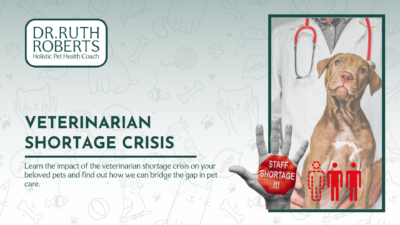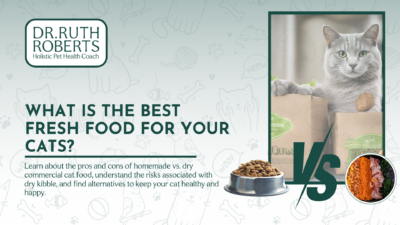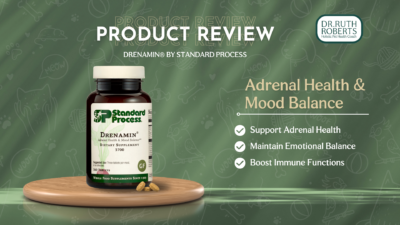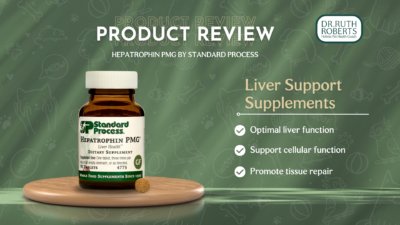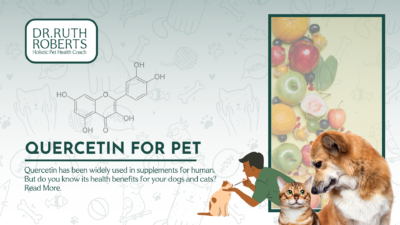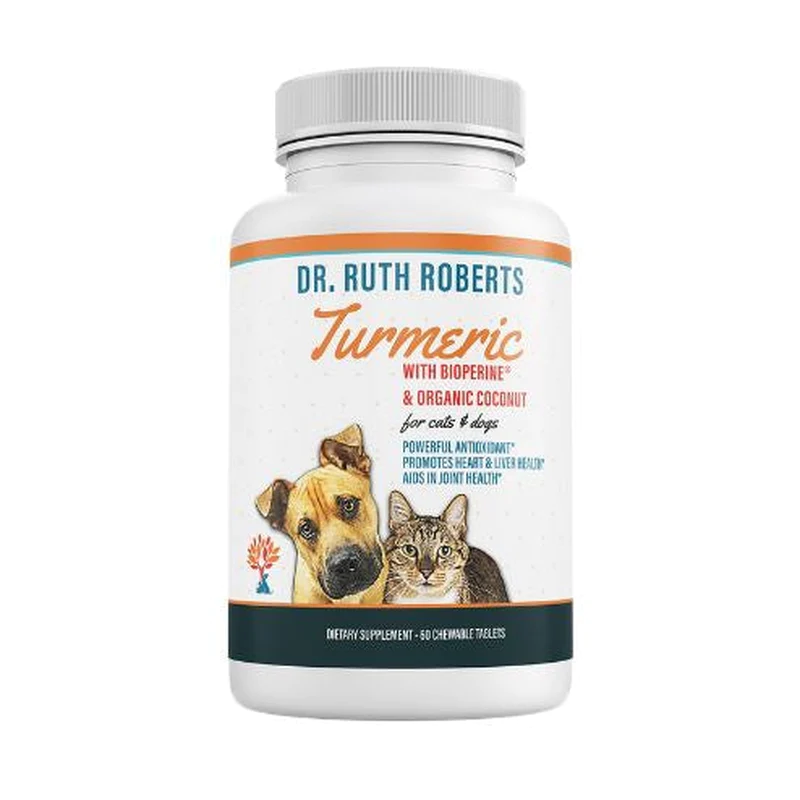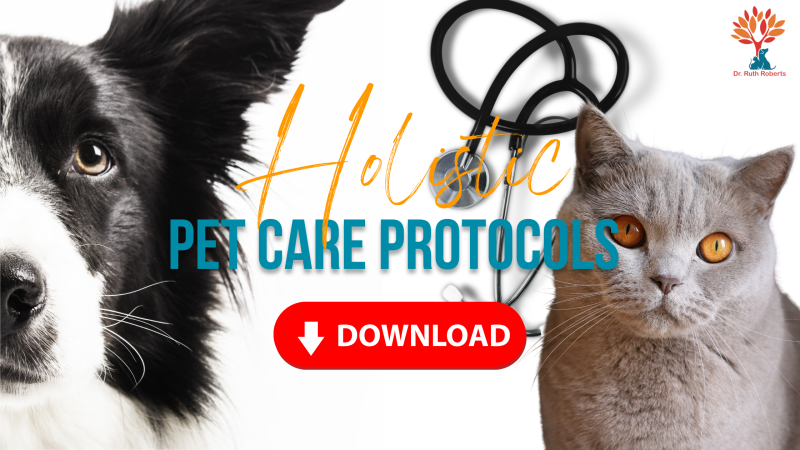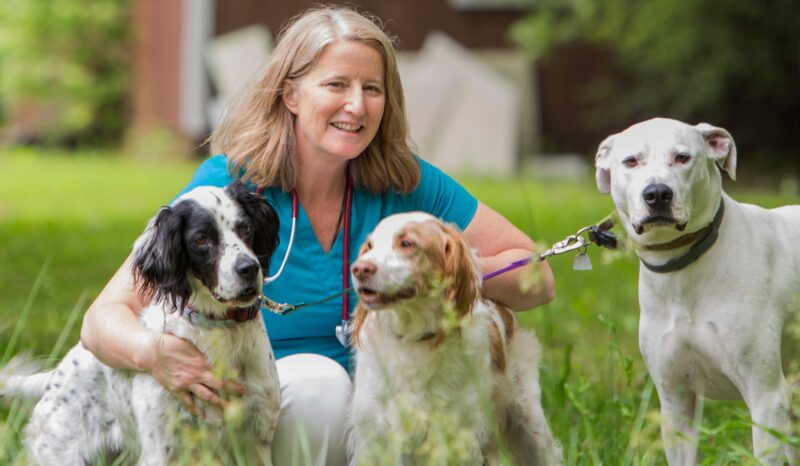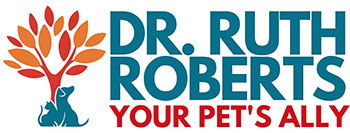
The Basic Necessities of Proper Pet Cate
You Need to Know
I am the Original Holistic Pet Health Coach, and am now training passionate pet parents, and pet professionals to be Certified Holistic Pet Health Coaches so that more pets can be helped holistically.
Proper pet care encompasses a range of essential elements that contribute to the overall well-being of your furry friend. Firstly, creating a comfortable space for your pet is crucial. Whether it’s a cozy bed or a suitable crate, having a dedicated area where they can rest and feel secure is important for their mental and physical health. This space should be clean, free from potential hazards, and provide a sense of safety and relaxation. A comfortable environment helps your pet feel at ease, reducing stress and anxiety while promoting better sleep and overall contentment.
Additionally, training plays a significant role in shaping your pet’s behavior and strengthening the bond between you. Exploring training options specific to your pet’s species and breed will help establish a solid foundation of obedience and good manners. Training not only teaches basic commands but also provides mental stimulation, boosts confidence, and enhances communication between you and your pet. It is an opportunity to foster positive reinforcement and build trust, ensuring a harmonious coexistence between you and your furry companion.
Lastly, proper nutrition is vital for your pet’s overall health and longevity. Providing a well-balanced and nutritious diet tailored to their specific needs is essential. Research their dietary requirements based on their species, age, and any particular health considerations they may have. High-quality pet food, whether wet or dry, should contain wholesome ingredients, free from artificial additives, and meet the necessary nutritional standards. By providing proper nourishment, you are ensuring optimal growth, energy levels, and a strong immune system for your pet.
OK, so you have a new pet, and you are super excited to bring them home! (I’m excited for you!) … But… now what?
Have you bought he/she a bed, or a crate?
Have you looked into training?
Have you thought about what you will feed him or her?
Start Here: Your complete new pet health starter kits >>
Well, this guide will tell you all of that, so stay calm and read on!
Let’s start with food…
A Nutritious Food
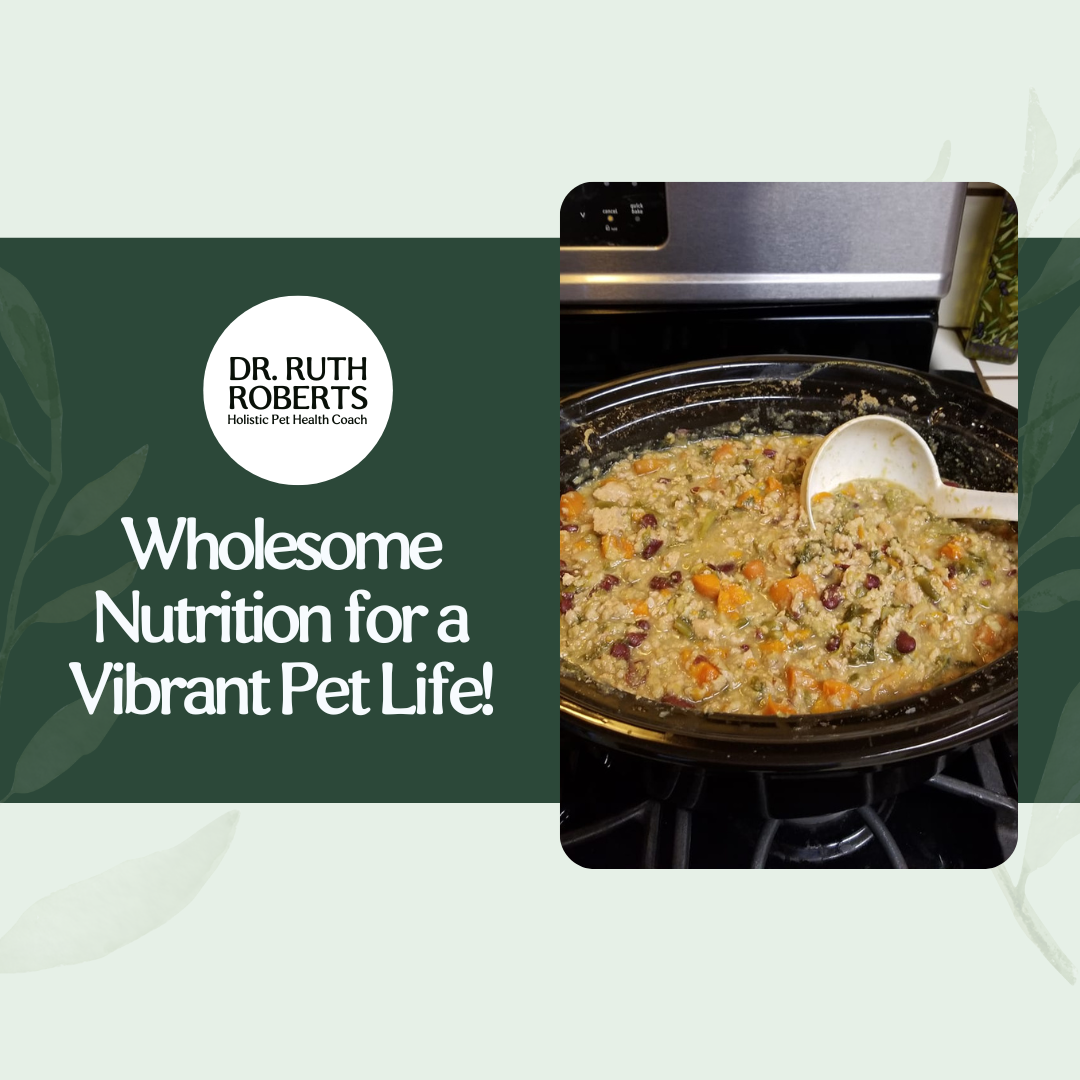
A nutritious diet can help towards a healthy and happy pet! The nutrition requirements for your pet may vary depending on age, breed, and weight. It’s a good idea to consider your pet’s activity level, breed and lifestyle when looking for a food or making your own meals.
It’s also a good idea to consider whether you’ll be making your pet’s food or buying it. Either route is good in my books, it really depends on your lifestyle and how you want to feed your pet.
How does your pet food measure up? [Free Download] Here’s some things you should know about common pet foods today >>
Similarly, there are some restrictions and forbidden fruits if your dog is having some health issues, just like humans. Some common ingredients in human food, such as onion, salts, etc. are harmful to your pets’ health.
Buyers Tip: Always check the ingredients
Go ahead, flip over the box or the bag and have a read through the ingredient list before your buy your pet food. Make sure the food has proteins at the top of the list. Be aware of fillers and naughty ingredients.
Here’s a helpful tool to help you make sure you’re buying quality food >>
Just importantly, meal times and portion size must also be taken care of.
How much should I feed?
Do not overfeed your pet as a token of your love because it can potentially upset their stomach. Too many treats can trigger obesity and associated health implications. For instance, Aussiedoodle requires 3 cups of food in one day broken down into two meals, and if overeaten, this hybrid of two amazing breeds will likely develop diabetes.
Weigh your options when choosing the right food for your pet. If you find it difficult, then your vet can better guide you to cater to the dietary needs of your pet.
Here’s a clip from Dr. Ruth, talking about the healthy necessities to add to your pet’s food if you’re going to make it at home…

Regular Exercise
Exercise is extremely important for the physical and mental well-being of animals. Different breeds may require different levels of physical activity, so it is best to research the type of pet you have, and what they require.
Puppies can be super-active so it’s a good idea to keep them active. That can look different depending on the space you have access too and their specific exercise needs. You might find your pet responds best to long walks, hiking adventures on trails, playing catch, or playing hide and seek.
Training and Socializing
Food, water, and shelter, is only part of the equation.Bringing a new pet home means a new family member is moving in and with that, it’s a good idea to set boundaries so your pet understands how to behave.
For adopted pets, they may be used to another lifestyle and behavior altogether. This will take time and patients. It’s a good idea to work with a trainer to help gently introduce them to their new surroundings and help them feel comfortable in their new home.
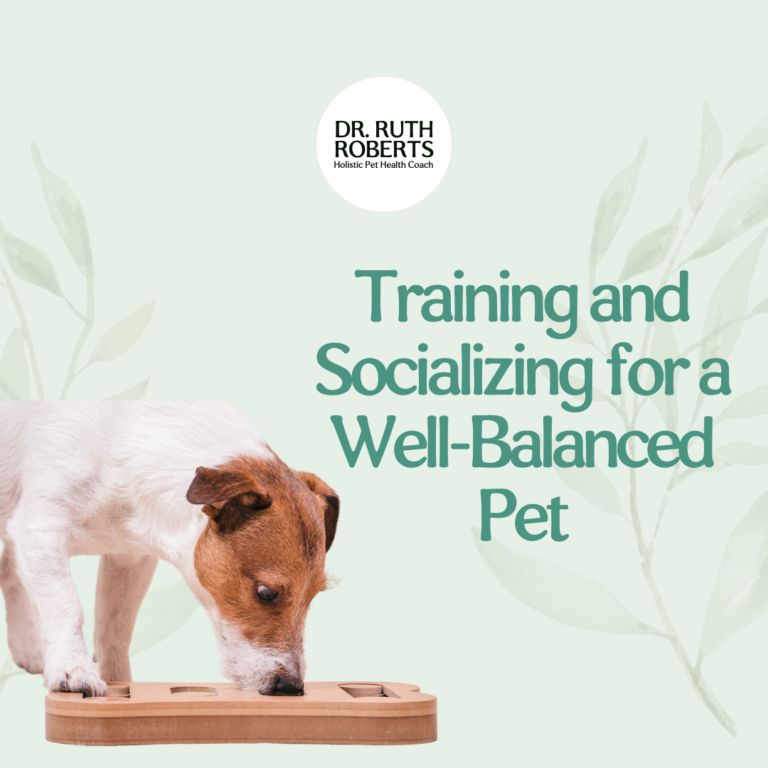
For a new pup, remember they are learning everything for the first time. Even something as little as climbing a couple of steps can feel like a mountain hike to them. And it’s not only setting your pet up for success at home. Training your pet, or, working with an outside trainer will help when it comes to meeting new people and animals as well as travelling.
Socialization exposes your dog to different stimuli so they can get used to them. Enhance their social skills and widen their horizon by introducing them to new environments. If you think training is not your thing, hire a professional trainer to sort things out for you.
Access to Clean Drinking Water
This may sound obvious, but it’s important to make sure you pet has clean drinking water. Dirty water bowls breed bad bacteria and can wreak havoc on the gut.
Place the water bowl adjacent to the food bowl and refill it two times at the minimum. Making sure your pet is hydrated is important too.

Giving your pet a dedicated space of their own is important. During the training process, often pet owners will provide a create or bed for their pet, and that’s where they will sleep or spend time when you are not home.
Make it as inviting and comfortable and your pet will rest easy, even when you are out. If you have an indoor cat, they tend to like cozy and warm beds where they can feel safe. Outside, if your dog is off-leash, ensure the yard is fenced in, so he can roam safely. On warm days, provide a safe shelter and shade for your four-legged friend to stay cool.
When it’s cold outside, consider your pets well-being. If you have a dog that doesn’t have a thick undercoat of fur, it’s a good idea to wrap them in a jacket and get them booties for their paws. Some breeds are made for the winter, like a Husky, so a jacket is likely not necessary. And, something a lot of pet owners don’t realize is that the pads on your pet’s paws have feeling and can be sensitive to high heat.
On a hot day, take off your shoes and stand on the driveway. If it is unbearable to stand on, maybe skip the walk, or take your dog for a play in the grass that day. And lastly, ice melters! If you live in the suburbs, there is a good chance that in the wintertime the townships cover your roads and walkways with ice melters to reduce slipping. And you may buy some products for your own walkways at home!. Depending on the products, they can be dangerous to your pet if he/she licks them. It can also be dangerous if these products get lodged between your pet’s paws, it can burn and become very uncomfortable.
Be sure to read the ingredients and do your research before layering your yard.
Regular Vet Visits
No matter how much you take care of your pet, there are some things that only a vet can do. So do some research to find the right vet for your pets.
Pet wellness checkups are vital at least once a year to ensure they are sound and healthy. Regular vet visits can let you know early if your pet is developing any health concerns.
Grooming can also be an essential step of proper pet care, depending on your breed. Unhealthy teeth and matted coats are potential culprits of many discomfort and health issues.
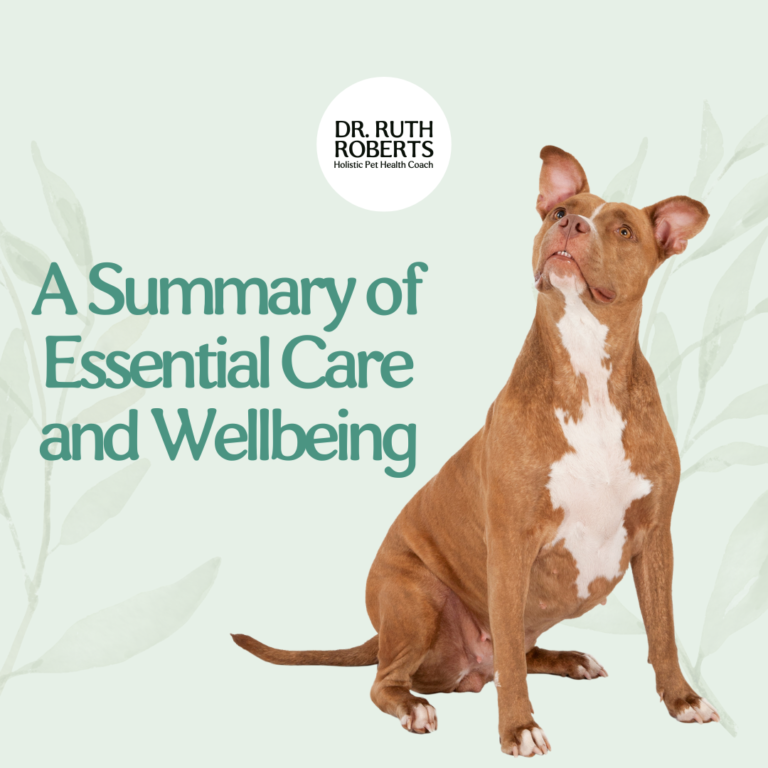
To Sum Up
Of course looking after your pet can be challenging at times, especially when he/she poops on your white rug, or tears up your brand new shoes. But it is also an amazing adventure where, if you allow it, can become one of the most spiritual and fulfilling connections you ever have!
A proper nutrients rich diet, comfortable shelter, regular exercise, and a basic hygiene routine can help your pet live a happy and healthy life.

